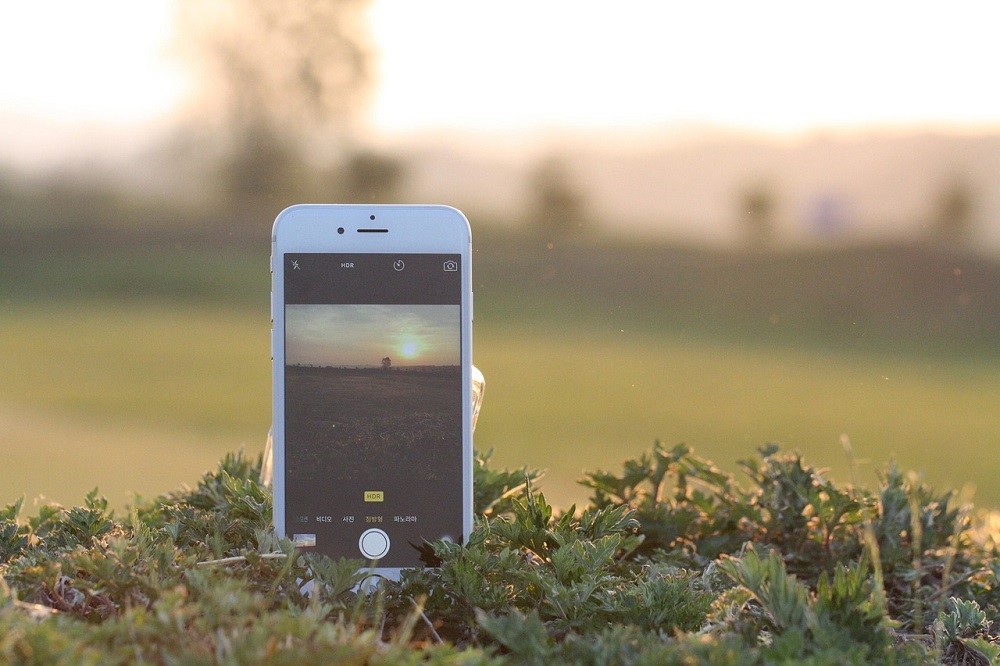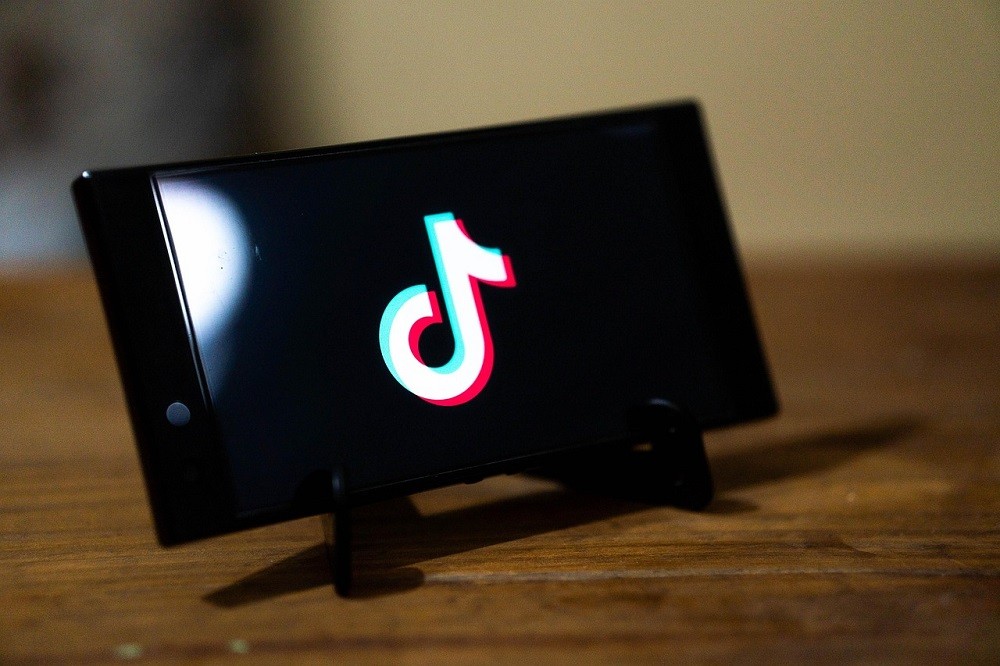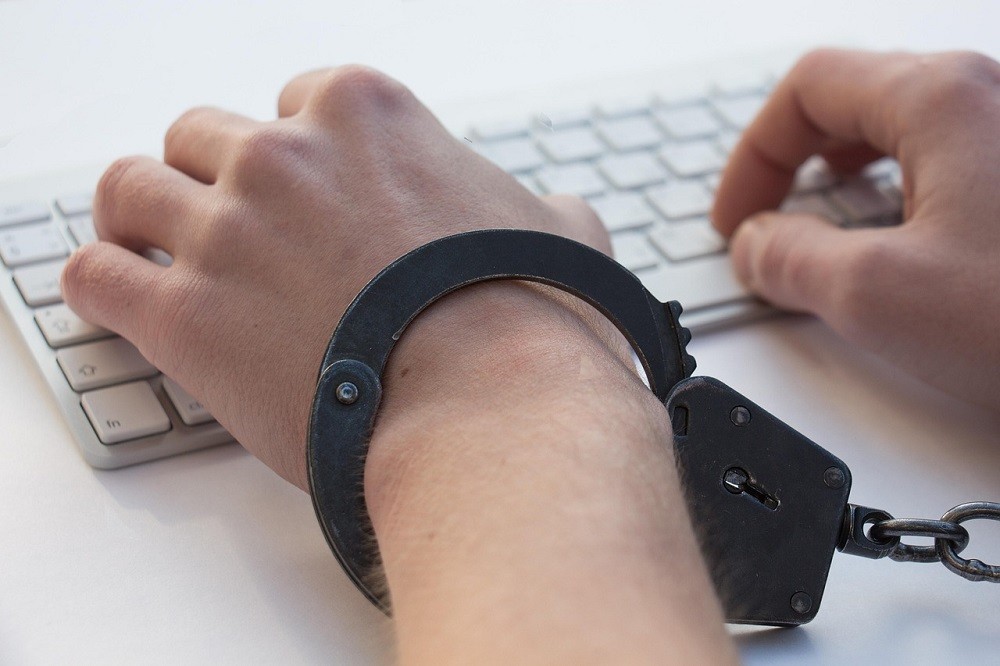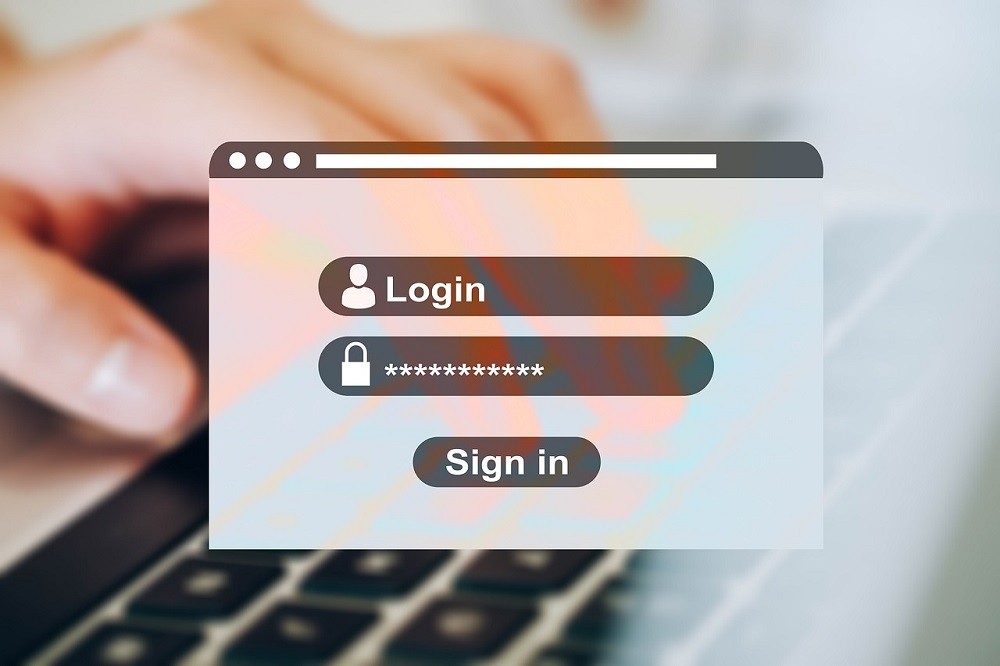The Esteemed Gentleman Articles
15+ Ways To Stop Doomscrolling: Easy Strategies For A Healthy Digital Life
Doomscrolling, the urge to obsessively consume negative media, is an activity that can be extremely harmful to a person's overall wellbeing. The desire to constantly seek out pessimistic news can easily put someone into a depressive spiral.
For a more in-depth look at doomscrolling and its harmful effects, read our article Breaking Free From Doomscrolling: Protecting Your Mental Wellbeing.
In this article we will focus on what you can do to break free from doomscrolling. These tips will help you develop a healthier digital life. This article contains 17 ideas and suggestions you can start implementing right away to overcome the negative effects of doomscrolling:
Realize And Acknowledge You Are Doomscrolling
To truly stop the habit of doomscrolling you must first realize that you are doing it! Mentally checking in with yourself while you're consuming media is the first step. Start keeping track of how many times you check your devices in a day and what kind of content you engage with and how does it make you feel; good or bad?
Do you find yourself getting emotionally involved with what you see? Do you often lose track of time or spend countless hours arguing with strangers online? If the answer to these questions is yes, then you are probably doomscrolling.
If you want an instant visual of how many times you check your phone or other devices each day, keep a notepad or post-it note with you. Make a running tally of how many times you check the screen or engage in doomscrolling activities.
You may be surprised by how many times we check our devices each day.
Ask Yourself "Am I Doomscrolling?"
Breaking free from doomscrolling starts with asking yourself "Am I doomscrolling?" If you aren't sure if you are or not, answer the following questions:
Do you find yourself spending excessive amounts of time on social media, news outlets, or just mindlessly scrolling until something catches your eye? Do you feel a constant urge to constantly stay up to date with the news and current events?
Do you experience feelings of anxiousness, depression, stress, or anger during or after you engage with social media? Do you argue with people in the comment section or seek out negative news and information?
If you answered yes to any of these questions, you are doomscrolling.
Try To Pinpoint When You Doomscroll The Most
Some people tend to doomscroll in the morning while they sip their coffee and have breakfast; definitely not a great way to start the day. Others may find themselves scrolling at work or between tasks. Some doomscroll before bed. Regardless of when you find yourself doomscrolling, make a note of the time and look for a pattern.
If you recognize a pattern, ask yourself what about that specific time makes you doomscroll. Are you bored? Waiting for something to do? Avoiding doing something? Craving entertainment? Is screen time before bed part of your evening routine?
Answering these questions can help you figure out why you doomscroll.
Set Realistic Goals To Curb Your Doomscrolling Habit
If you want to realistically curb your doomscrolling habit, start small. Small changes are manageable and won't make you feel defeated if you happen to break a streak of doomscrolling-free days. Starting small also means you can progress at your own pace and avoid feeling overwhelmed.
Setting a realistic goal means that you understand that you may stumble now and again. Getting back up, dusting yourself off, and trying again. There's a common belief that habits take 28 days to form (or to break). However, newer studies show that that number can range anywhere from 18 to 254 days. So don't beat yourself up if you gave into doomscrolling temptation once or twice while kicking the habit.
Limit Your Screentime To Help Reduce The Urge To Doomscroll
Limiting your screen time can be achieved in a variety of ways. From a simple alarm reminding you it's time to turn your phone off for the night to more sophisticated third-party apps like ScreenZen and One Sec which tracks your usage and can be programmed to lock your phone after a set amount of screen time. M any modern smart-phones have options to limit screen time in their settings.
Apps like QualityTime tracks your usage and activities. It shows you, in real time, which apps you spend the most time using, your most visited apps, and which ones are becoming addictive. The app also lets you set usage limits, receive personalized alerts, and completely lock your phone to give you time to unplug for a while.
Unfollow Or Mute Negative Content
Take a close look at the content you follow on social media and ask yourself if what they post is generally positive or negative. If the answer is negative, you should strongly consider unfollowing or muting those pages. Many groups and pages curate content that tries to lure people in with emotionally driven headlines and/or sensationalized topics.
Content that focuses heavily on news, politics, gossip, cyber bulling, and clickbait type content should be unfollowed and removed from your feeds. Even if you don't engage with that kind of content on a regular basis, removing it eliminates any chance it may have of affecting your mood and making you doomscroll.
Many social media platforms have options to mute people or groups rather than unfollowing them completely. Muting them means you still remain friends but their content doesn't show up on your feed. They also don't know you muted them.
This can helpful if someone close to you, like a friend or family member, tends to post negative content you don't want to see.
Turn Off Push Notifications
Push notifications, the alerts that pops up on your device when you aren't using an app, are designed to grab your attention. They achieve this by using emotionally driven headlines, creating a sense of urgency, and reminding you what you may be missing out on.
Turning these notifications off is possible through your phones settings under 'notifications' or in the settings of the app itself. If you want to truly curb doomscrolling, we highly suggest turning off all non-essential push notifications or, at the very least, ones that cause you to feel emotionally drained or tense when you see them.
Move Social Media Apps Off Your Home Screen
Move your social media apps, and any other apps you find yourself doomscrolling on, to a separate folder off your homescreen. Not only does this reduce the chances of seeing and engaging with these apps, but combined with no push notifications, you may stop using them altogether.
Many social media apps let you choose what you want to get notifications for. We suggest turning off all non-essential notifications like comments, likes, and suggestions and only keeping notifications on for important things like messages.
Alternatively, if you decide to turn off all notifications, you could give your phone number out to your closest friends so they can contact you directly.
Log Out Every Time You Close An App
Logging out every time you close an app means you have to log back in to use it. Sometimes this is enough to deter someone from checking altogether when they're bored. This also means you won't get as many push notifications since most apps need you to be logged in to notify you if anything changes.
If you find the temptation to be too strong, delete apps off your phone entirely. Have them on a secondary device that you only use at certain times or days, like weekends.
Do Not Put Your Phone On Your Nightstand When You Go To Bed
Don't keep your phone on your nightstand when you go to bed. The temptation to reach for your phone if you can't sleep or wake up in the middle of the night may lead to doomscrolling. Even just a few minutes of screen time can throw off your circadian rhythm, making falling asleep again very difficult.
Doomscrolling in bed can cause you to stay up well past your bedtime, making getting up without hitting snooze a difficult task. Sleep deprivation has numerous negative effects, including reduced reaction times, impaired memory, and trouble focusing. There are also studies showing links between lack of sleep and Alzheimer's disease.
Consuming negative media right before bed can be detrimental to your emotional and mental wellbeing. You may experience increased heartrate, higher stress levels, and anxiety. You may subconsciously dwell on these negative feelings, which can result in a poor nights sleep and waking up in a bad mood.
Putting your phone in another room, or at least far enough you'd have to leave your warm comfy bed to look at it, greatly reduces the temptation of doomscrolling. Having a simple clock radio with an alarm function can help you have a better nights sleep without any digital interruption.
Create And Follow A Morning And Evening Routine
Creating and sticking to both a morning and evening routine can significantly decrease the urge to doomscroll. Having a list of activities, you need to accomplish will help you stay focused and get more done. This, in turn, will help reduce anxiety and stress, build confidence, increase productivity, and improve self esteem.
Some examples of morning routine activities include:
- Making your bed
- Practicing good hygiene (our Ultimate Mens Hygiene Checklist is a great place to start)
- Enjoying a healthy breakfast
- Going for a short run or walk around the block
- Meditation and/or journaling
Your evening routine could consist of:
- Reading for 30 minutes
- Working on a hobby or skill
- Going to the gym or for a run
- Getting organized for the next day (laying out your clothes, important items you need to bring with you, reviewing any appointments and/or meetings you may have)
- Practicing gratitude / meditation/ journaling
If you are new to routines, we suggest starting with small, manageable activities (like making your or reading). Once this activity becomes habitual, add another. Having a physical checklist or to-do list can help keep you accountable. We tend to remember more when we write things down, compared to just keeping it in our mind.
If you want to take on a larger task (like studying or cleaning) but don't want to overwhelm yourself or suffer from burnout, use the Pomodoro Technique. The Pomodoro Technique uses a time management technique called "time blocking" where you alternate between intense focus and relaxing. For a step-by-step guide on the Pomodoro Technique, read our guide.
Focus On Developing A Hobby Or Skill
Making more time to focus on a skill or hobby can help reduce the urge to doomscroll. Working on something you enjoy, like a hobby, gives you a feeling of control (unlike doomscrolling, which feels out of control and hectic) and a sense of fulfillment.
Learning a new skill can give you a sense of accomplishment and help you overcome new challenges more effectively.
Hobbies can help build social connection. Taking a community class, like painting or cooking, can introduce you to new people who share a common interest. You could also use websites like MeetUp to find local clubs and groups who meet up on a regular basis.
Engaging in social interaction face to face and with like-minded people can help create a sense of belonging, which can positively affect your mental health.
If you aren't sure on what your hobbies could be, we have an article that can help: 11 Ways to Discover Your Passions contains useful information that can help you figure out what hobbies could interest you!
Use Physical Activity As A Way To Burn Off Negative Energy
Engaging in physical activity has been proven to reduce the effects of anxiety and depression. Even just 20-30 minutes of moderate activity a day can help decrease the effects of stress, increase self esteem, and improve your quality of sleep.
Going for a walk, run, or cycling around the block can help burn off any negative energy you may be feeling. Physical activity helps release endorphins, which the body naturally produces to help elevate moods and reduce stress.
So every time you get a good sweat on, remind yourself it's not just helping you get in shape, it's also helping you feel better, too.
Practice Gratitude Daily
Doomscrolling can wreak havoc on your emotions. Sometimes we forget how good the world and our lives actually are. Practicing gratitude helps us appreciate the positive things in our lives; like our friends and family, our goals, and even the small things we might take for granted like our health and having a roof over our heads.
Practicing gratitude can be done in a variety of ways including writing in a gratitude journal, practicing meditation, writing thank you and love notes addressed to the people you care about, and showing your love and appreciation to others through small acts of kindness.
The health benefits of gratitude are numerous both mentally and physically. These benefits include reduced anxiety and stress, improved sleep, and a significant reduction in heart-related illnesses like heart disease and high blood pressure.
Spend More Times With Friends And Family
The relationship you have with your friends and family can help you overcome the negative effects of doomscrolling. Quality time spent with those closest to you can help build stronger relationships, create lasting memories, and a sense of belonging. Strong relationships equals strong health.
It is very important that we give those closest to us more time in our lives than our screens. The emotional support we receive from our friends and family produces a sense of security, love, and empathy.
We can engage in deep, meaningful conversations with those we trust, allowing us to discuss topics we wouldn't normally talk about.
Go Without Electronics For A Day (Also Known As "Digital Detox")
Going electronic-free for even a day can help relieve feelings of anxiety and stress, improve mental clarity and focus, and help with emotional regulation. Taking a break from your screens can help you become more in-tune with yourself; allowing you to focus on the things that truly matter like your relationships, hobbies and passions, and a much needed boost to your mental health.
If you are required to have a phone with you at all times (like a job that requires you to be on-call), or are expecting a very important phone call, you can still have a digital detox day. Simply turn the ringer and/or notification sounds up loud enough you can hear them far away, then place the phone out of sight like in a drawer or closet.
If the phone rings, you can still answer it, but if it doesn't, you don't have to look at it at all.
Seek Professional Help
If you or a loved one are struggling with the negative health effects of doomscrolling and require professional help, reach out to a therapist or mental health professional. They can offer a variety of coping mechanisms, help you identify underlying emotions and/or causes, and assist you with finding an effective way to break the habit.
Remember that you are not alone. Doomscrolling affects many people around the world. Some people don't realize how much it's hurting them until it's too late. If you feel like you cannot stop doomscrolling on your own, reach out to a professional to help. Asking for help isn't a sign of weakness, it's a sign that you want to improve.
Summary
When you subscribe to the article, we will send you an e-mail when there are new updates on the site so you wouldn't miss them.














Comments